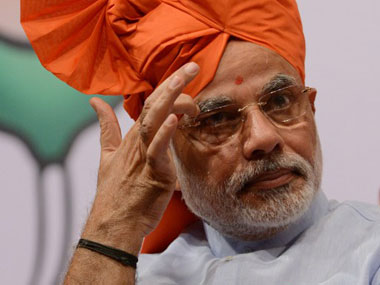
Ahmedabad, May 24: The CBI has suspiciously gone soft on the cops accused in the 2004 Ishrat Jahan fake encounter case, with an eye on information which may implicate their political bosses - former minister of state for home Amit Shah and chief minister Narendra Modi. Sources said both Modi and Shah may be summoned for questioning by the agency shortly.
The CBI did not file chargesheet within 90 days of arrest, thereby opening doors for jailed IPS officer G L Singhal to get default bail. The same relaxation may be extended to his subordinate cops too in the near future. This has raised eyebrows, particularly because five IPS officers, including DIG D G Vanzara, have been incarcerated for six years now in other encounter cases of Sohrabuddin Sheikh, his wife Kauserbi and aide Tulsiram Prajapati.
The CBI may file chargesheet in this case only in the first week of June, thereby allowing four other accused cops - Tarun Barot, J G Parmar, Bharat Patel and Anaju Chaudhary - to get default bail. All of them were arrested in the last week of February.
The delay in filing the chargesheet is suspected to be a trade-off for inside information on who actually ordered the killings of Ishrat and three of her aides who were dubbed as Lashkar-e-Taiba terrorists. If CBI is letting the cops walk free, it is suspected that it has been assured of cooperation by Singhal and his team in investigations.
Sources revealed that the deal was struck in March during the visit of CBI's joint director V V Lakshmi Narayana to Sabarmati Central Jail to meet these cops. Singhal reportedly made it clear that he would not turn an approver in this case, as it would spell doom for his subordinates who have firmly stood by him. Instead, in exchange of freedom, he would lead the CBI probe in the right direction.
The rift between the accused cops and the state government appeared first in May 2011, when the suspects moved the Supreme Court demanding a CBI probe in the case. This happened when the government was out in full force to resist demand for an independent investigation.
Another jolt came for the state government when Singhal tendered his resignation from the IPS soon after his arrest. Instead of falling back on support from establishment, the accused maintained a distance from the government. They hired independent lawyers and, unlike the accused cops in Sohrabuddin case, they did not demand special facilities in and out of jail.






Comments
Add new comment